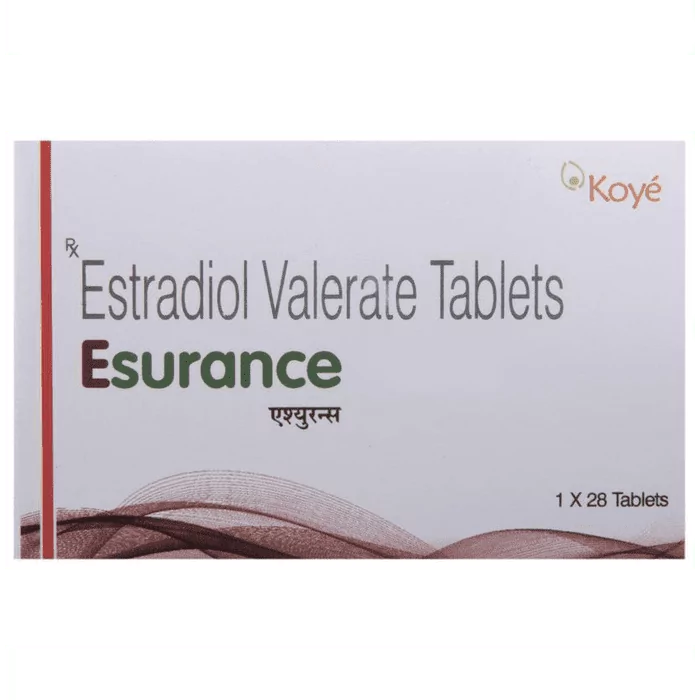Menopause is a common occurrence in a woman’s aging process, indicating the end of one’s reproductive years.
It is often associated with several symptoms like hot flashes, weight gain, and body pain.
The aspect of body pain, which is specifically present in several joints of the body, is often overlooked.
There are several reasons why a woman experiences joint pain with Menopause.
It is essential to learn about these causes and associated symptoms in order to treat the condition in a hassle-free manner.
This article will discuss the connection between Menopause and Joint Pain, its associated symptoms, and management methods.
Connection Between Menopause and Joint Pain
According to a study, Estrogen levels decrease during Menopause, leading to problems like Osteoporosis.
In Osteoporosis, the bone mineral density and bone mass density decrease, which leads to thinning of the bones.
The thinning of bones results in joint pain in the postmenopausal period.
Another research shows that Estrogen deficiency during Menopause can negatively affect bone health, synovial membrane, cartilage, and capsules of joints.
The synovial membrane refers to a layer of connective tissue that is present in the cavities of joints.
Negative effects on these particular parts of the body ultimately result in several body joint pains as a Menopause symptom.
Save up to 90% on your medicine bills

Progynova 2 mg

Oestrogel 2.5 gm / 1.5 mg

Estrabet 2 Tablet

Esurance Tablet
Associated Symptoms of Menopause Joint Pain

The joint pain during Menopause often has several associated symptoms.
The common symptoms of joint pain in Menopause include swelling, stiffness, and aching sensations.
These symptoms are specifically concentrated in the knees, hips, and hands during Menopause.
Although it remains mild, in rare cases, women may experience this pain in severity, leading to a hampered life.
Besides these symptoms, a person may also observe additional signs like breast tenderness, headaches, and hot flashes.
b
Managing Joint Pain During Menopause
Low-intensity exercises like walking, swimming, or yoga can help women maintain joint flexibility and strength.
Maintaining a proper Menopause diet can help balance Estrogen levels and prevent joint pain.
Since Menopause weight gain can create pressure on the joints, maintaining one’s weight can prove to be beneficial.
Since low Estrogen is the main cause of joint pain during Menopause, Hormonal Replacement Therapy can be effective.
Doctors may also suggest Nonsteroidal Anti-Inflammatory Drugs (NSAIDs) and other pain relievers for temporary relief.
Menopause medications consisting of Estradiol and Norethindrone Acetate can also help improve bone health.
Are you wondering if supplements can help you maintain weight during Menopause? Read Blast the Bulge: Best Supplements for Menopause Weight Gain.
Conclusion
It is important to learn about the connection between Menopause and joint pain to manage the overlooked symptoms properly.
Joint pain and deterioration in bone health usually happen due to low Estrogen during Menopause.
It often results in symptoms like aching and stiffness in the knees, hips, and hands, specifically joints.
Individuals can opt for low-intensity exercises, a balanced diet, and maintaining weight to reduce joint pain.
Doctors may also prescribe Nonsteroidal Anti-Inflammatory Drugs (NSAIDs) and other pain relievers for treating the condition.
It is always best to consult your doctor for the most effective pain management method.

Frequently Asked Questions
What are the best supplements for Menopause joint pain?
The choice of the best Menopause joint pain supplements usually depends on an individual. One should consider supplements like calcium and vitamin D for bone health.
Omega-3 fatty acid supplements can help with their anti-inflammatory effects. However, it is always best to consult a doctor for the most appropriate supplement.
Does joint pain from Menopause go away?
Joint pain during Menopause varies among individuals. For some, it may be temporary and improve with lifestyle changes, while others may experience symptoms for a prolonged time.
It is always best to consult your doctor early to prevent and reduce the pain.
Can Menopausal joint pain have psychological effects?
Yes, Menopausal joint pain can have psychological effects on women. Individuals can experience Depression since constant joint pain can disrupt one’s normal life. In several cases, stress and Anxiety regarding its treatments are also present among women.
Do natural remedies for Menopause joint pain completely cure it?
No, natural remedies for Menopause joint pain cannot completely cure the symptoms. However, individuals can notice an improvement in their condition with exercise, a balanced diet, and herbal supplements.
How common is Menopause-related joint pain?
Menopause-related joint pain is common and can affect several women during this life stage.
Since hormonal changes, especially the decline in Estrogen levels, result in joint pain, it is quite common. However, the intensity of the pain may vary for individuals.
Cheap Medicine Shop only refers to credible, authoritative sources for our content. If you’re curious about how we ensure the integrity of our content, we encourage you to read our Content Information Policy.














